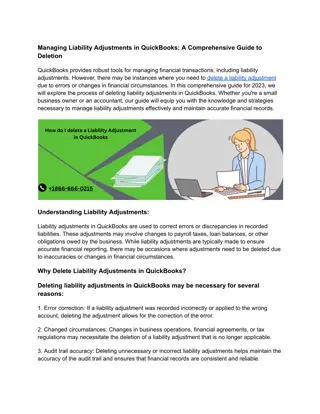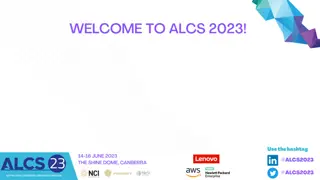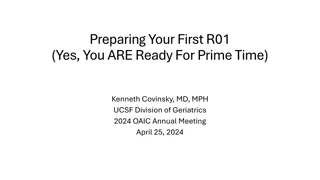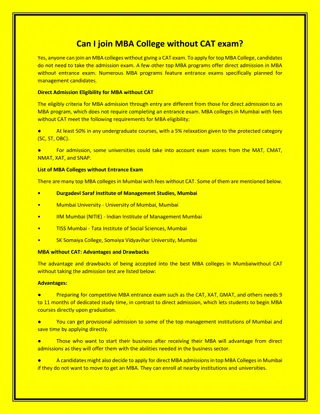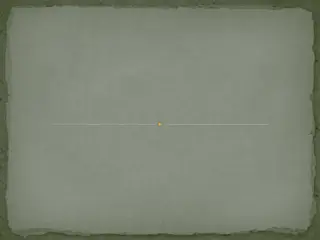Enhancing Learning and Development in Community and Youth Work Studies
Explore the diverse aspects of structuring learning, professional development, curriculum development, and supervision in the field of Community and Youth Work Studies. Uncover effective learning methods, assessment techniques, and discussion topics while delving into the importance of confidentiality, professionalism, and ethical supervision practices. Engage in face-to-face and online learning methods to deepen your understanding and enhance your skills in this rewarding profession.
Download Presentation

Please find below an Image/Link to download the presentation.
The content on the website is provided AS IS for your information and personal use only. It may not be sold, licensed, or shared on other websites without obtaining consent from the author. Download presentation by click this link. If you encounter any issues during the download, it is possible that the publisher has removed the file from their server.
E N D
Presentation Transcript
Trial and Error Structuring Learning and Assessment on Blackboard Kate Sapin Programme Director Community and Youth Work Studies
Professional Development Supervision in Community and Youth Work FOR (FUTURE) MANAGERS
Professional Development Supervision in Community and Youth Work FOCUS ON PROFESSIONAL VALUES
Curriculum Development: Overview Learners Learning methods Assessment
Learners Experienced practitioners New students New + Experienced
Curriculum Development LEARNING METHODS
Course Map Week by week Topics Discussion questions Course work Locating supervision 1. What are my views about confidentiality and professionalism? What would be my groundrules for supervising course participants, for supervision of my dissertation? The course as a whole Our different experiences of supervision Confidentiality and groundrules Professionalism Introductions & Confidentiality A. Locating my experience of supervision
Face to face learning methods Discussions about practice and/or scenarios Reflections on experience Introductions to theory: PPT presentations & directed reading Co-supervision
BlackBoard learning methods Discussions about practice and/or scenarios Reflections on experience ? Introductions to theory: presentations & directed reading Co-supervision ?
Supervision forms Supervisee Agreement Form [student s name] is a student on a Community and Youth Work Studies programme at the University of Manchester and would like you to agree to assisting them to monitor and evaluate their practice in relation to supervision of work. Date: Supervision Evaluation Form Negotiation: Before you agreed to meet with your supervisor: Were you given enough information about the role of a supervisor? Were you given enough information about what was expected from you? Supervision Record Form Were you given the opportunity to select another supervisor if you wished? Were you given the opportunity to talk about what you wanted? Agenda items: As part of the requirements for the programme, s/he is expected to provide a worker or volunteer with supervision for [contracted time]. Agreed action: Was confidentiality discussed? Issues Discussed: Did you agree to meet at a mutually convenient time? Any further comments about how the work was negotiated? Date of next meeting: Agenda items for next meeting:
Gibbs (1988) reflective cycle Image: https://www.brookes.ac.uk/services/upgrade/images/gibbs.gif
Reflect on your critical incident Description Action plan Feelings Evaluation Conclusion Analysis (Using Gibbs, 1988)
Curriculum development ASSESSMENT
Development of Assessment Portfolios Formative elements Peer feedback Peer assessment Revised final submissions
Portfolio ideas Agreements or contracts + annotations Journal entries Records of supervision sessions Video of a supervision session How you tackled an issue through supervision Critical reflections on reading Feedback from your (co-)supervisee(s) An evaluation of your supervision (as supervisor and/or supervisee) A comparison of different supervision policies An assessment of relevant strengths and experiences A cv highlighting your experience as a supervisor
Course work Locating supervision A. Locating my experience of supervision Starting supervision B. Starting off supervision Professional practice C: A case study: addressing a practice issue Readiness for supervision D. Analysing my Readiness for Supervision E. Evidencing how I meet the Approval Criteria Final submission: Portfolio of Evidence of Experience and Learning
Developing a course unit on Blackboard A NEVER-ENDING STORY?
The future? Experienced practitioners Practitioners + new students New students + practitioners Field based practitioners?
Any questions? Observations? Learners? Learning methods? Assessment?
References Flanagan, John C. (1954) The Critical Incident Technique. Psychological Bulletin. Vol. 51, No. 4. July, 1954 . American Institute For Research and University of Pittsburgh. Https://Www.Apa.Org/Pubs/Databases/Psycinfo/Cit- article.Pdf Gibbs, Graham (1988) Learning by doing: a guide to teaching and learning methods. Oxford: Further Education Unit. Tripp, David (1993) Critical Incidents in Teaching: Developing Professional Judgement. London:Routledge.
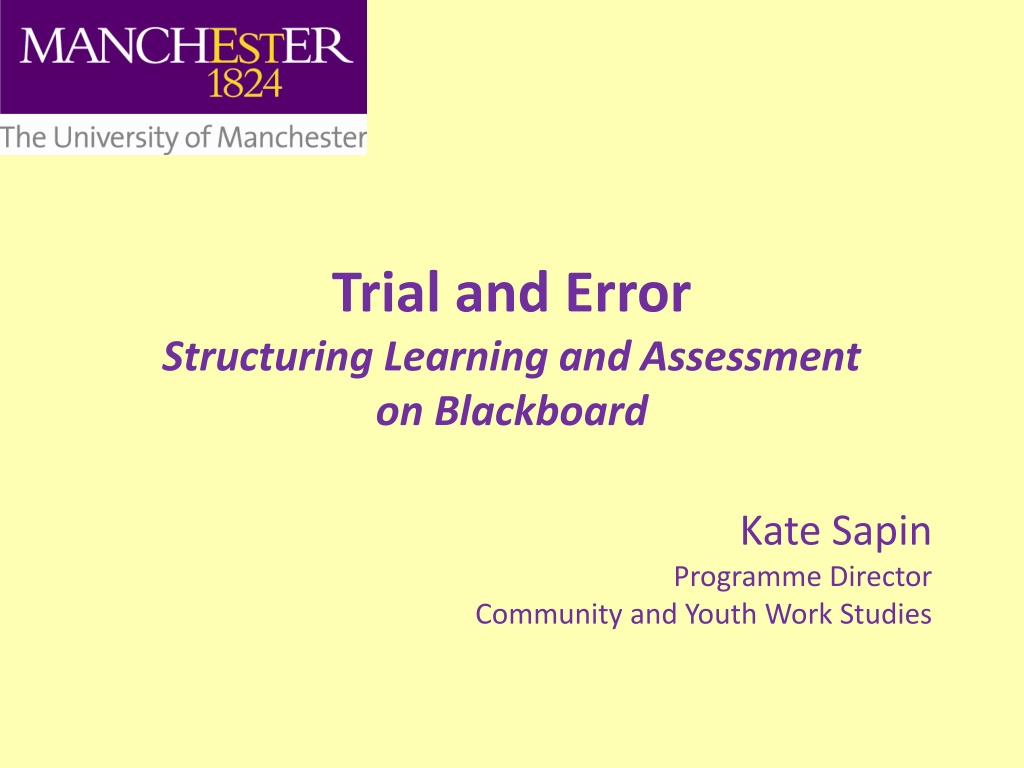


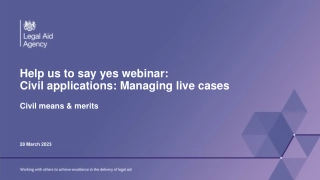
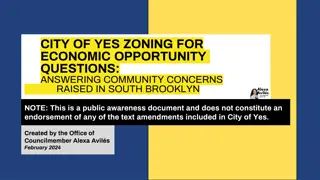
![GET [✔PDF✔] DOWNLOAD✔ The Ultimate Burger: Plus DIY Condiments, Sides, and](/thumb/68033/get-pdf-download-the-ultimate-burger-plus-diy-condiments-sides-and.jpg)





